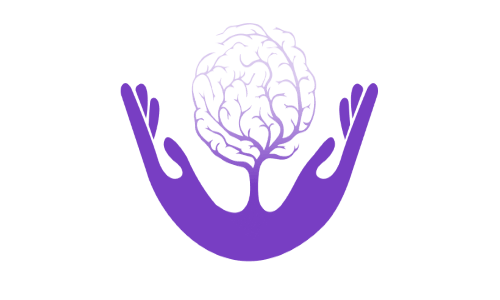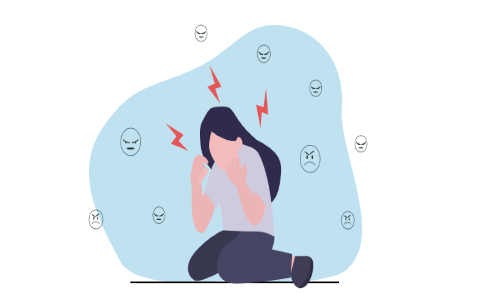
Live – Intro to Neurocounseling: Brain-Based Tools to Accelerate Therapy Outcomes
Open to access this content

Open to access this content

Open to access this content

Open to access this content

Open to access this content

Open to access this content